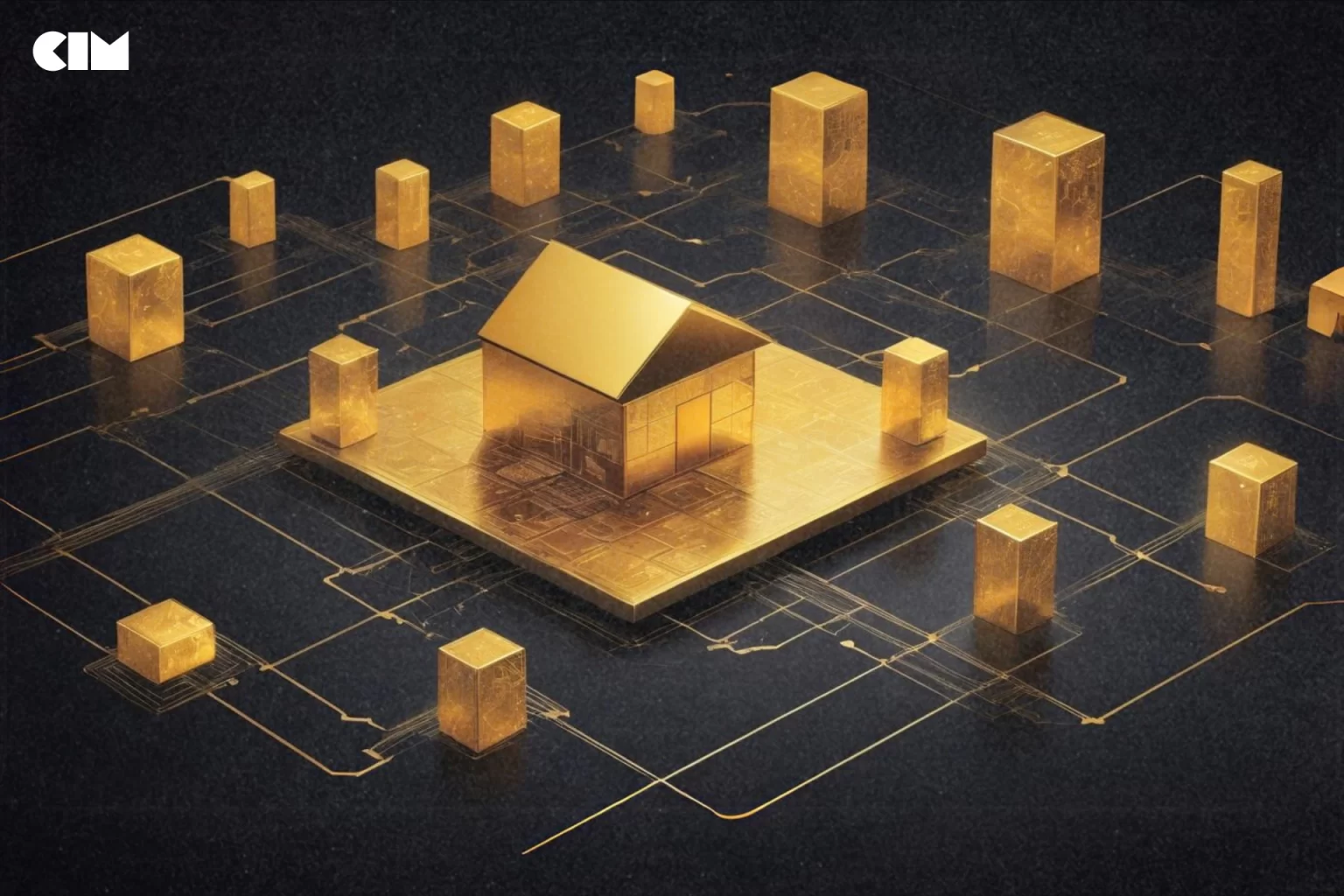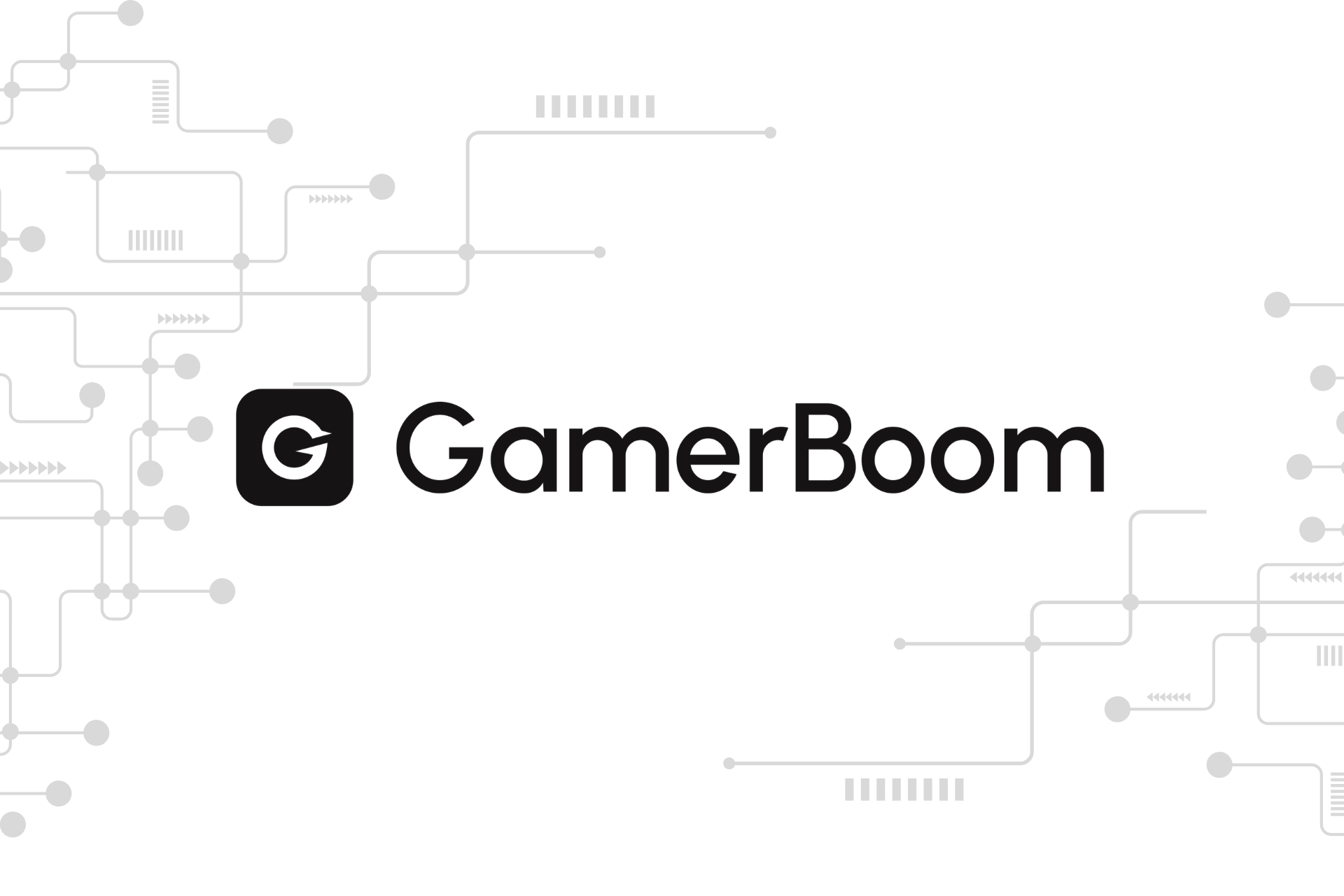Illiquid assets are being transformed into tradable tokens, providing new opportunities for investors, both large and small.
According to a recent report by Boston Consulting Group, the tokenization of Real-World Assets (RWA) could reach a staggering $16.1 trillion by 2030. This isn’t just a trend; it’s a revolution unfolding right before our eyes. What was once considered a buzzword has evolved into a tangible force in the financial world, with the potential to redefine how we perceive and manage assets.
Everything—from real estate to intellectual property—will eventually be tokenized and seamlessly connected by blockchain.
Mark my words, we’re on the cusp of a major shift.
So, what exactly are RWAs? Why is everyone so excited about them, and where do we stand in all this change? When applied to India, does it make sense?
Through asset tokenization, real estate, rare collectibles, and many other assets can now be bought and traded digitally, unlocking a new wave of economic growth. This process is disruptive in the best way—redefining ownership and access.
Leveraging blockchain technology, RWA tokenization enables on-chain representations of real-world assets, such as real estate, bonds, and commodities. In its simplest form, tokenization converts physical assets into digital tokens, allowing individuals to own smaller portions of high-value assets.
The benefits of tokenization are clear: increased liquidity, transparency, and accessibility. Whether it’s intellectual property, art, or real estate, tokenization opens up investment opportunities that were once out of reach.
Since practically everyone on earth is eager to learn more about cutting-edge technology, blockchain has become increasingly popular across a variety of industries. The understanding and application of tokenization have evolved as a result of blockchain—just as it has already revolutionized many other sectors. With the potential to represent physical assets as virtual ones, tokenization has emerged as one of the most promising tools for online trade.
Blockchain inherently benefits from decentralization. Bureaucracy, manipulation, convoluted processes, ill-informed decision-making, and unequal benefit distribution are symptoms of excessive centralization brought on by governments, states, and large enterprises.
Decentralization could optimize any process, leveling the playing field for intermediaries. Security token offerings (STOs) were one of the first applications of tokenization in blockchain.
Ownership rights to assets—such as real estate, art, contracts, and other valuables—can now be represented by tokenized assets. This results in easier investor registration processes and a lower entry barrier to financial markets, providing significant opportunities for the development of securities markets without the need for traditional stock exchanges. Even the process for recording ownership, along with other aspects of transactions, is simplified through tokenization. Tokenization can safeguard both traded and non-traded assets by utilizing blockchain. Not to mention the enhanced liquidity, quicker settlement times, lower costs, and improved risk management!
Other major advantages of tokenizing physical assets include enhanced security. When a token is created, blockchain generates a unique address, ensuring strong data protection through access control, automatic rights transfer, and decentralized remote file storage. It further improves efficiency by reducing transaction times, enabling 24/7 trading, and triggering smart contracts based on predefined conditions. With these smart contracts, assets can be bought or sold anywhere at any time, without requiring a physical presence.
Three private equity firms—KKR, Apollo, and Hamilton Lane—have already created tokenized versions of their funds on platforms such as Securitize, Provenance Blockchain, and ADDX.
Since 2001, tokenization has advanced, opening up new possibilities across various tech fields. Tokenization now has a wide range of potential applications, as the technology advances transparency, immutability, and security. Its possibilities are endless, especially with further development and integration with other cutting-edge technologies like AI and IoT.
Tokenization offers vast opportunities across numerous industries. However, as a novel concept, it could still benefit from improvement. For instance, tightening legislative regulations around tokenization may help build greater public trust in the technology. But one thing is clear—tokenization is here to stay!
This article was written by a guest contributor. The views and opinions expressed in this piece are those of the author and do not necessarily reflect the official position of Crypto India Magazine.





Interesting read 🧐